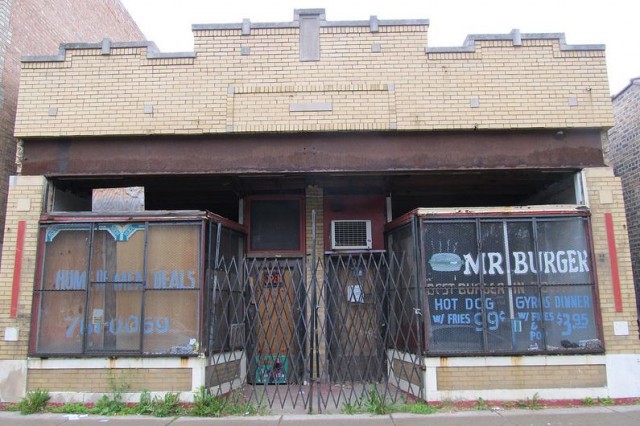Kickstarting Chicago’s Economic Development
by B. Traven

The city of Chicago has just announced a partnership with Kickstarter called Seed Chicago which aims to use the trendy crowdfunding platform to finance economic development in the city’s poorer neighborhoods.
The funds would go directly into local businesses (and business training programs), not city infrastructure, with the goal of helping to revitalize some of Chicago’s many neglected neighborhoods.
It’s certainly easy to understand why Chicago boosters would want a way to support their city’s economic development that keeps aldermen far removed from the money. While crowdfunding city development sounds like a cool idea, it’s not entirely clear whether this is the best model: at its core, it’s just a curated collection of regular old Kickstater projects that have been given the city’s seal of approval.
One problem with the Kickstarter approach is that a contribution is basically a gift, not an investment, so funders don’t expect to see any return on their money. This is not such a big deal when one hopes to eventually receive a product, game, song, movie, or other reward, but when used this way it’s basically just plain old charity — albeit tech-enabled. Except that Kickstarter donations are not even tax deductible unless the project is started by a nonprofit (as some, but not all, of Seed Chicago’s are).
Either way, this suggests that most of the backers will be well-off do-gooders, not neighborhood residents. After all, why donate money to a business you could support simply by walking down the street and shopping there?
Other so-called “equity crowdfunding” platforms now in the works would allow even small-scale, Kickstarter-sized contributors to receive an actual stake in the business, once the SEC gets around to writing the rules that Congress asked them for last year. That approach might ultimately be a better fit for supporting for-profit neighborhood ventures, and would allow even small investors to feel that they have “skin in the game,” as Ankur Thakkar of the mayor’s office put it in that Atlantic Cities article.
In any case, it will be interesting to see whether these projects can even reach their funding goals, let alone contribute to broader economic development. Would you Kickstart a business in your city — even one you never planned to patronize?
Photo: zol87
Support The Billfold
The Billfold continues to exist thanks to support from our readers. Help us continue to do our work by making a monthly pledge on Patreon or a one-time-only contribution through PayPal.
Comments